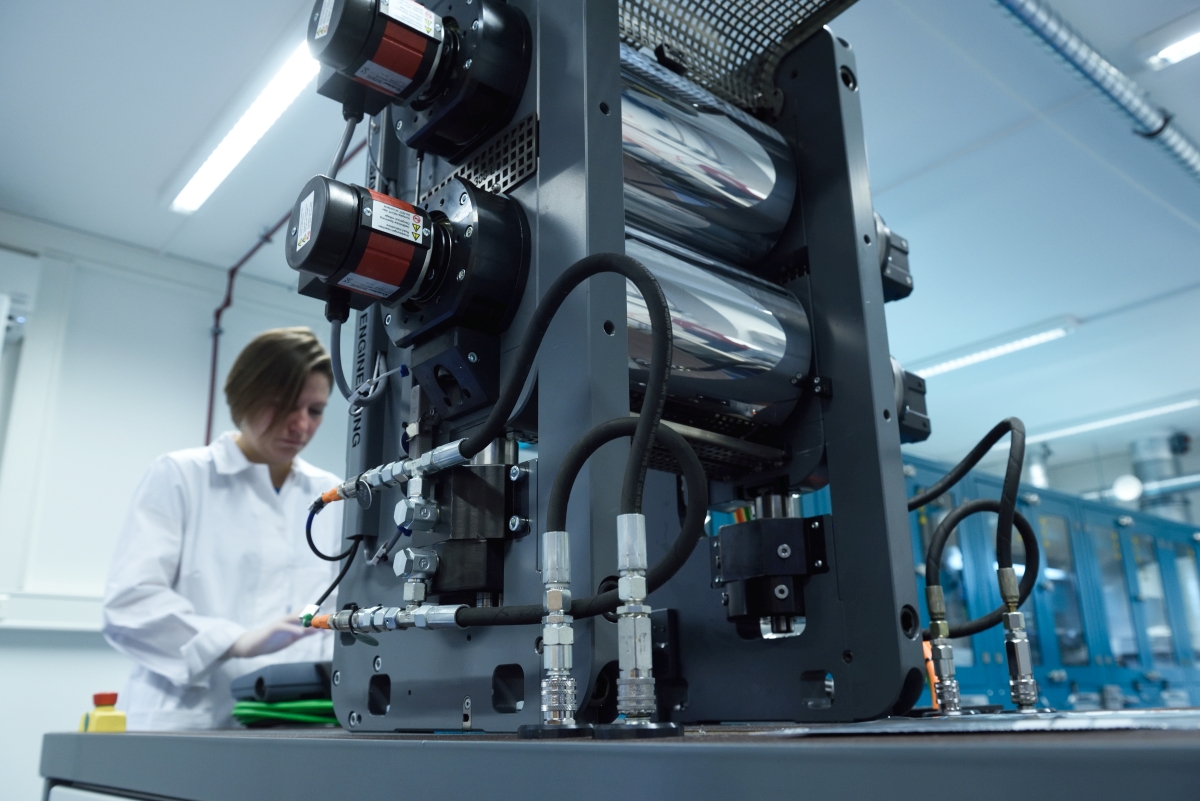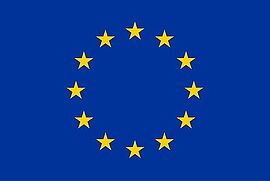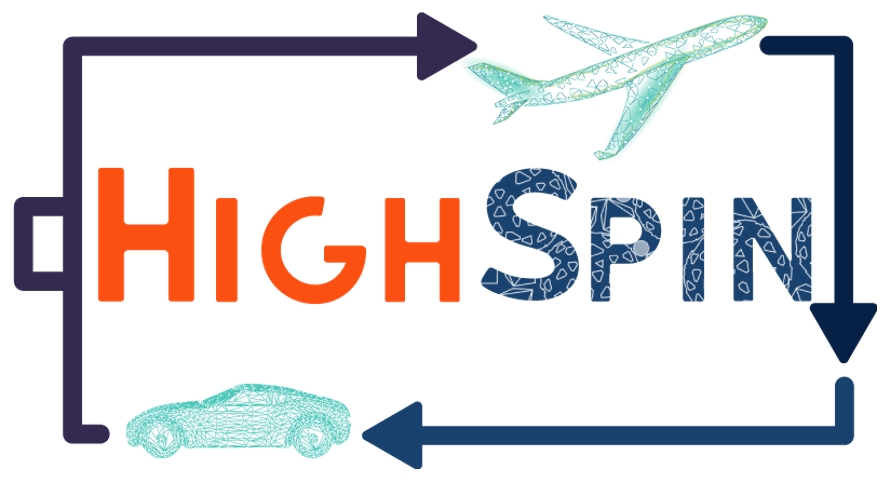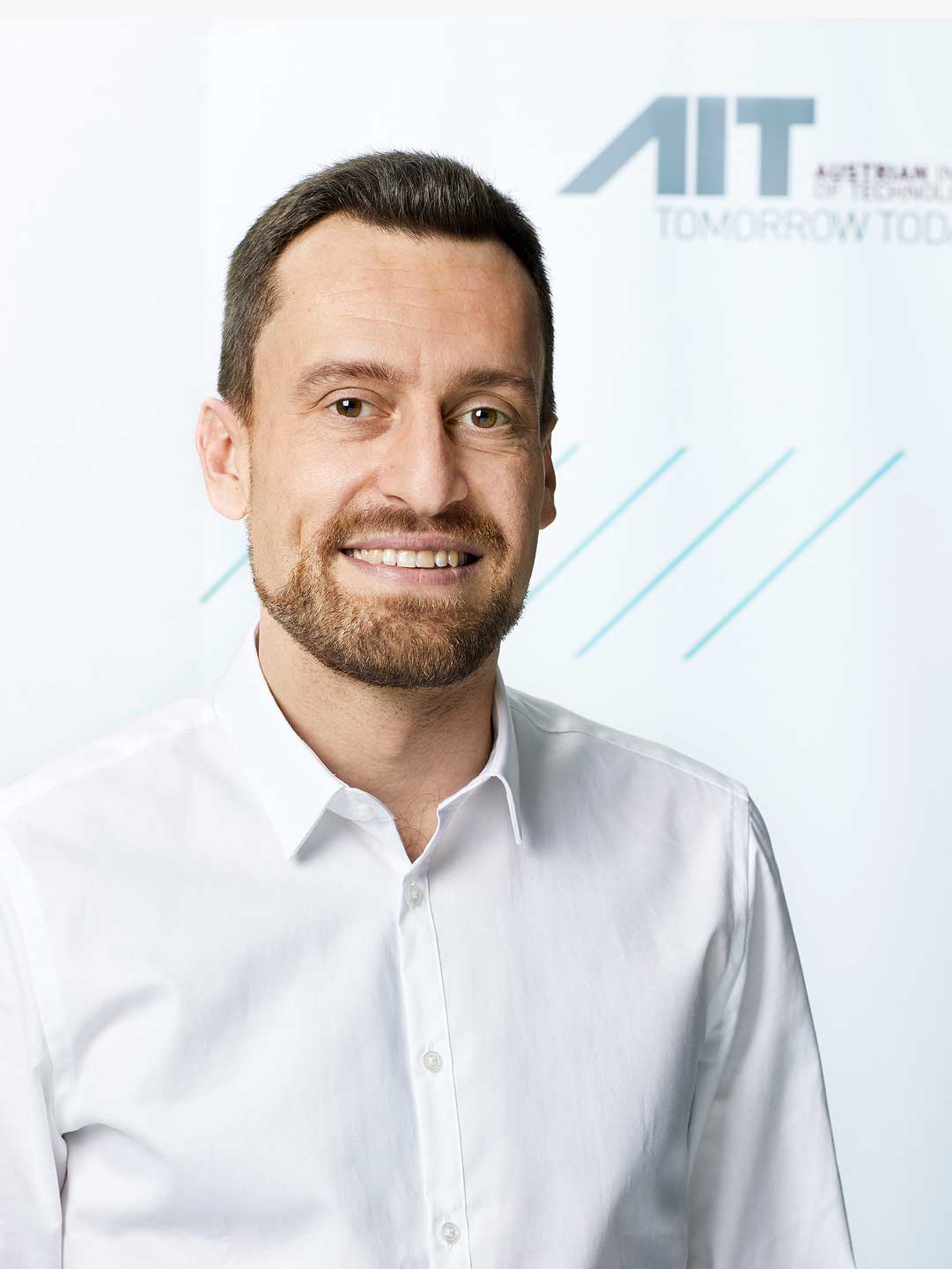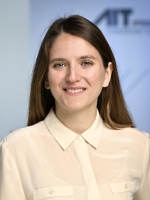High-Voltage Spinel LNMO Silicon-Graphite cells and modules for road and airborne transport applications
Europe is increasingly focusing on research and development of battery materials for electric mobility and aeronautics. The pioneering HighSpin project makes a significant contribution to the further development of these industries. The focus is on strengthening European manufacturers and creating high-performance and environmentally sustainable cell chemistries as part of the European Green Deal.
The need for sustainable battery production for electric mobility was already recognized by the EU and the Commission in 2017. The HighSpin project builds on this recognition and continues the path of researching climate-friendly battery materials. Key to this is the development of cell chemistries that avoid critical raw materials and are in line with the principles of a circular economy. The elimination of cobalt in the cathode is a significant benefit in this regard. The aim is to develop a cell with an anode made of silicon/graphite composite and a cathode made of lithium-nickel-manganese oxide. Resource-saving manufacturing, second-life applications and efficient recycling also play a decisive role for a sustainable lifecycle of the battery. The scalability of production from laboratory to industrial scale is also examined.
The European project HighSpin, coordinated by AIT, builds on the achievements of the predecessor project 3beLiEVe and focuses on materials research for batteries. The overarching goal is to increase the energy density and power density of batteries to meet the requirements of electric mobility.
The main objective is to produce a cell with an energy density of 390 Wh/kg and a lifespan of at least 2000 cycles. The focus is on material development and harmonization of the full cell chemistry – cathode, anode and electrolyte. Innovative 3D electrode design to increase power density is also part of the research work. The architecture of the cells developed in this way is optimized – starting from the same material base – to meet the respective requirements of vehicles and aircraft. The cells will be installed and tested in module demonstrators with high energy density, power density and long-lasting durability for road vehicles as well as aircraft. A flexibly deployable module is being developed especially for aeronautical applications.
The battery cells of this generation are characterized by their flexible use and the use of liquid electrolytes, which enables the continued use of existing production facilities. Next generation batteries such as solid state batteries would already require different production processes and thus investment in new types of production equipment. Two different recycling processes are also being tested in HighSpin to reuse the recycled metals as part of the active materials for new cells, contributing to an efficient circular economy.
The project covers material and cell development for the automotive and aeronautical sectors, the design of an aeronautical module, and corresponding technological assessments to verify the achievement of TRL 6 (Technology Readiness Level).
The HighSpin consortium consists of 13 partners from 8 European countries and continues the successful work of 3beLiEVe. As the project coordinator, AIT also plays a central role in the technical work: for example, the selected materials are coated as electrodes and assembled in pouch cells in the AIT battery laboratory. In terms of cell production, the AIT laboratories thus ensure scalability between laboratory scale and industrial scale.
AIT expert Boschidar Ganev, project manager of HighSpin and its predecessor project 3beLiEVe, explains: "We are aiming to make the best possible use of the findings and developments of 3beLiEVe to develop high-performance and circular economy batteries that are manufactured in Europe. Our goal is to contribute to environmentally-friendly mobility in line with the Green Deal."
HighSpin is funded by the European Union’s Horizon Europe research and innovation programme under GA no. 101069508.



